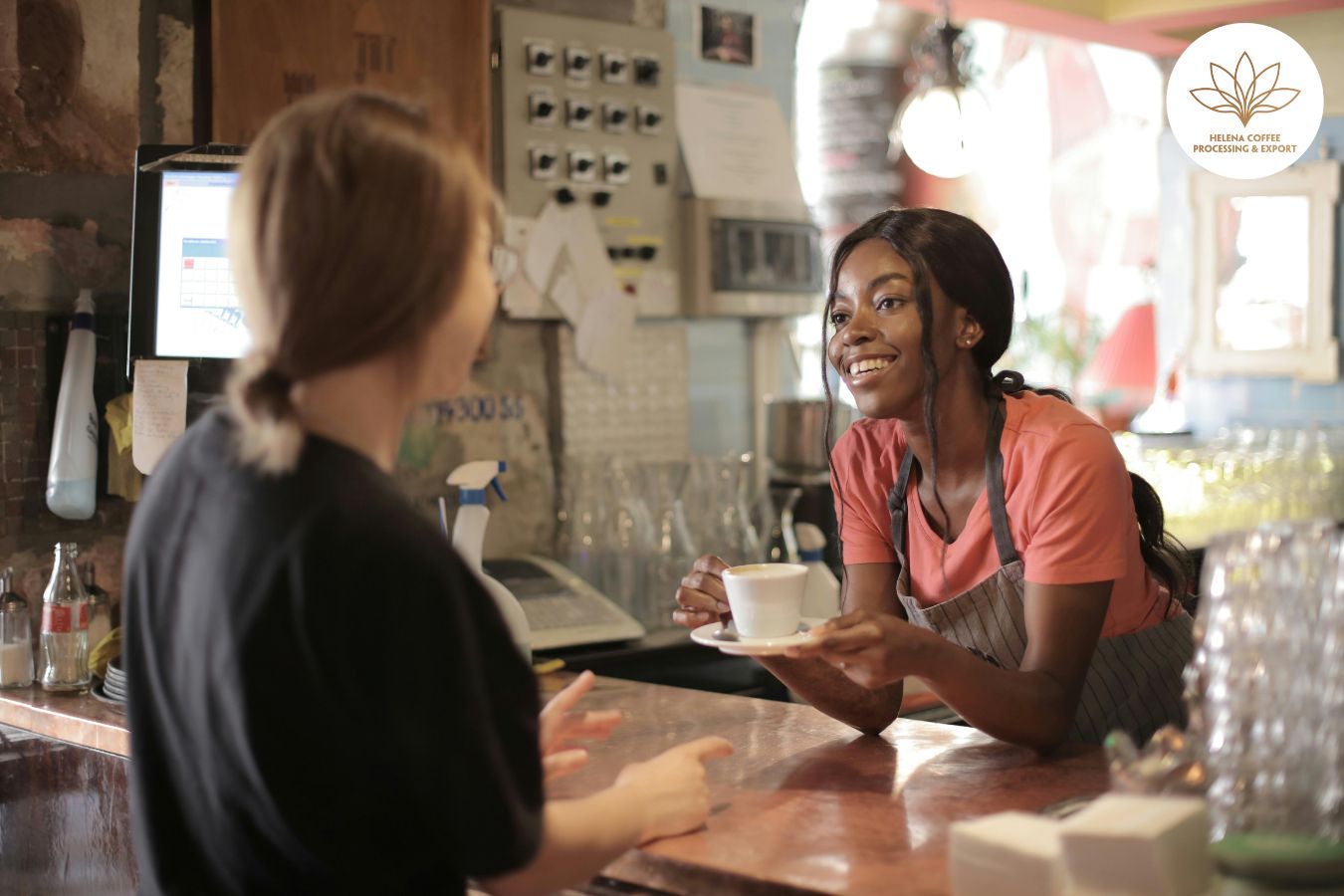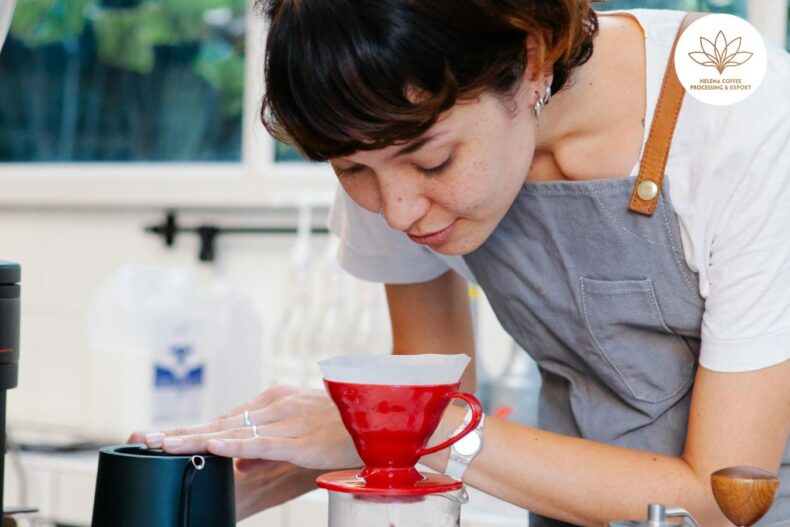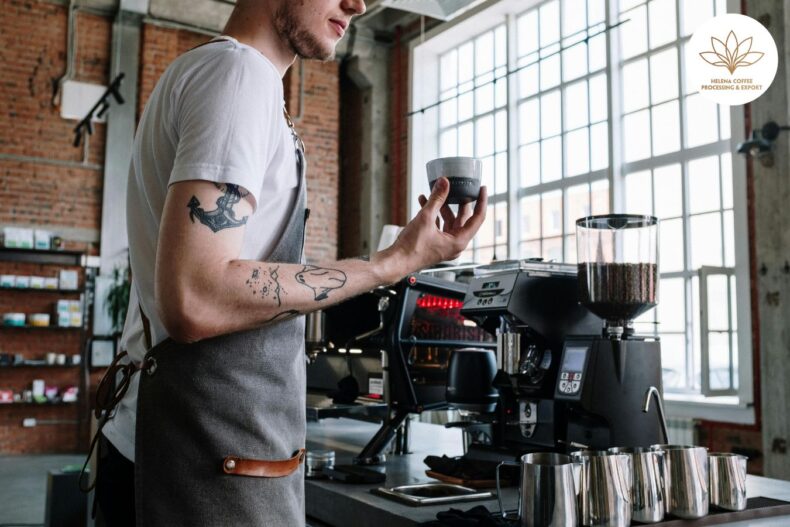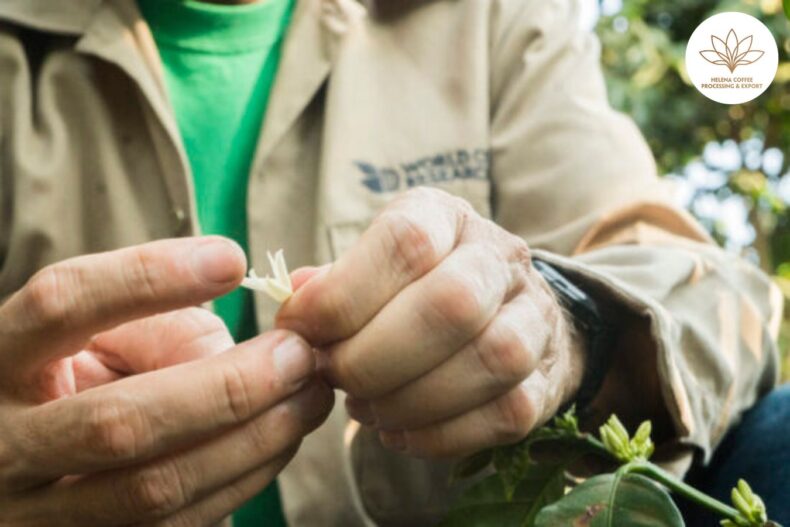
Specialty Coffee Consumers: Globally, despite its relatively niche market, the demand for specialty coffee is on the rise. The 2023 National Coffee Association’s National Coffee Data Trends report highlights a significant uptick in specialty coffee consumption in the United States. Specifically, 52% of Americans aged 18 and older reported indulging in specialty coffee in the past week, a number that escalates to 62% among those aged 25 to 39. Consequently, the United States witnessed a peak in specialty coffee consumption not seen in over five years.
This surge is accompanied by a noticeable shift in consumer preferences within the specialty coffee market. Although convenience continues to be a priority, there’s a growing appetite for premium quality coffee and innovative drink options, driving swift changes in the industry.
As the coffee sector rebounds from the pandemic’s impact on out-of-home consumption, it’s crucial for businesses to adapt to the evolving tastes and expectations of their clientele.
To delve deeper into these trends, I engaged in discussions with industry experts Vanúsia Nogueira, William “Bill” Murray, and Anne-Marie Roorda. Continue reading to discover their insights.
The rise of specialty coffee consumption globally
The global coffee industry is witnessing a significant surge in consumption, with projections from the International Coffee Organization indicating a growth of 1.7% to 178.5 million 60kg bags in the 2022/23 period.
While the specialty coffee market remains relatively small in comparison to the broader coffee industry, its growth rate outpaces that of commodity-grade coffee, particularly in established markets such as North America, Western Europe, Australia, and East Asia.
Taking the United States as a case study, data from the National Coffee Association in 2022 revealed a milestone in coffee consumption, reaching its highest in two decades. Remarkably, 43% of those surveyed reported enjoying a specialty coffee drink within the previous day—a substantial increase of 20% from January 2021.
Forecasts suggest an even brighter future for specialty coffee, especially in North America, predicting a robust 20% annual growth rate leading up to 2030, potentially positioning it as the fastest-expanding market globally.
In Europe, a significant consumer market for specialty coffee, the presence of numerous specialty coffee shops and roasters contributes to its dominance. Europe holds the largest portion of the global specialty coffee market, approximately 46.2%, with expectations for a 9% growth by 2026.
The Asia-Pacific region is not far behind in terms of growth, with the specialty coffee market anticipated to see an impressive 15.3% yearly expansion from now until 2030, as reported by Research and Markets. Specialty coffee consumers: This indicates a burgeoning global enthusiasm for specialty coffee, signifying a shift in consumer preferences towards more premium, unique coffee experiences.
Expanding specialty coffee consumption in producing aations:
Historically, the specialty coffee market has seen modest consumption levels in its countries of origin compared to the higher demand in consuming nations. Specialty coffee consumers: This trend can be traced back to the global coffee industry’s structure established in the 17th and 18th centuries when European colonial powers began exporting coffee beyond the Bean Belt, making it widely accessible worldwide. Consequently, marketing strategies were predominantly tailored to the tastes of consumers in the Global North.
Nevertheless, the landscape is changing. Specialty coffee consumers: Thanks to a burgeoning middle class and strategic policy initiatives, several coffee-producing countries have witnessed a notable rise in domestic specialty coffee consumption.
In Brazil, the implementation of the Coffee Quality Programme by the Brazilian Coffee Industry Association (ABIC) in 2004 marked a significant turning point.Specialty coffee consumers: Today, an estimated 98% of Brazilian households consume coffee, with the country’s specialty coffee market share experiencing a remarkable surge from 6% to 12% between 2016 and 2018, according to the Specialty Coffee Association. This growth trajectory has likely continued or even accelerated since then.
Similarly, Colombia’s specialty coffee sector has shown impressive growth, with its market valued at approximately US $1.52 billion in 2018. Specialty coffee consumers: The prominence of Colombian and Brazilian baristas as the World Barista Champions in 2021 and 2023, respectively, underscores the growing enthusiasm for specialty coffee within these countries, signaling a potential for further market expansion.
However, this trend is not uniform across all coffee-producing regions. Growth rates in other South American and Central American countries, as well as in African nations, have been more gradual. Despite slower growth, these regions are also experiencing an uptick in domestic coffee consumption, albeit at a steadier rate, suggesting a broadening appreciation for specialty coffee across the globe.


